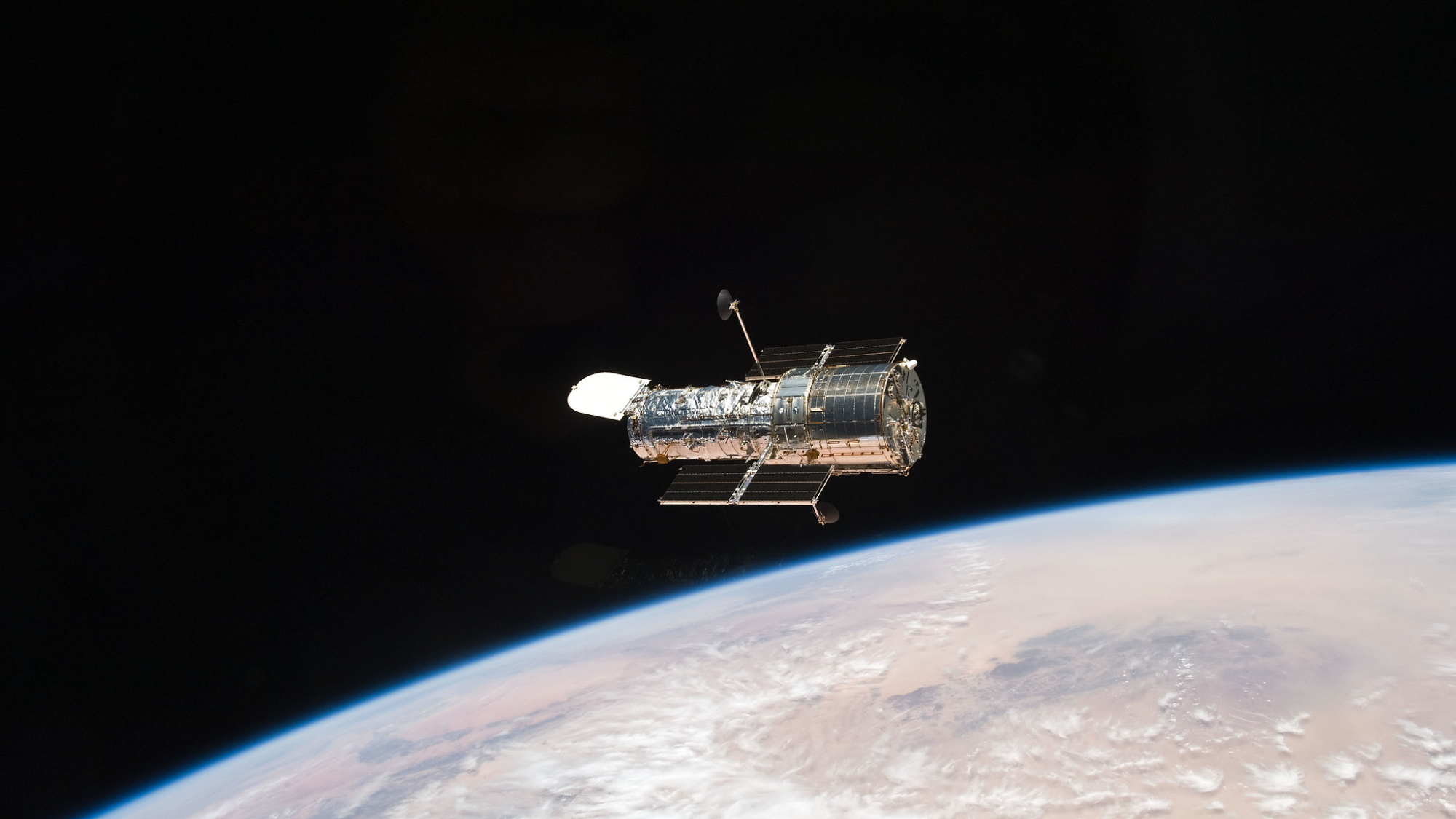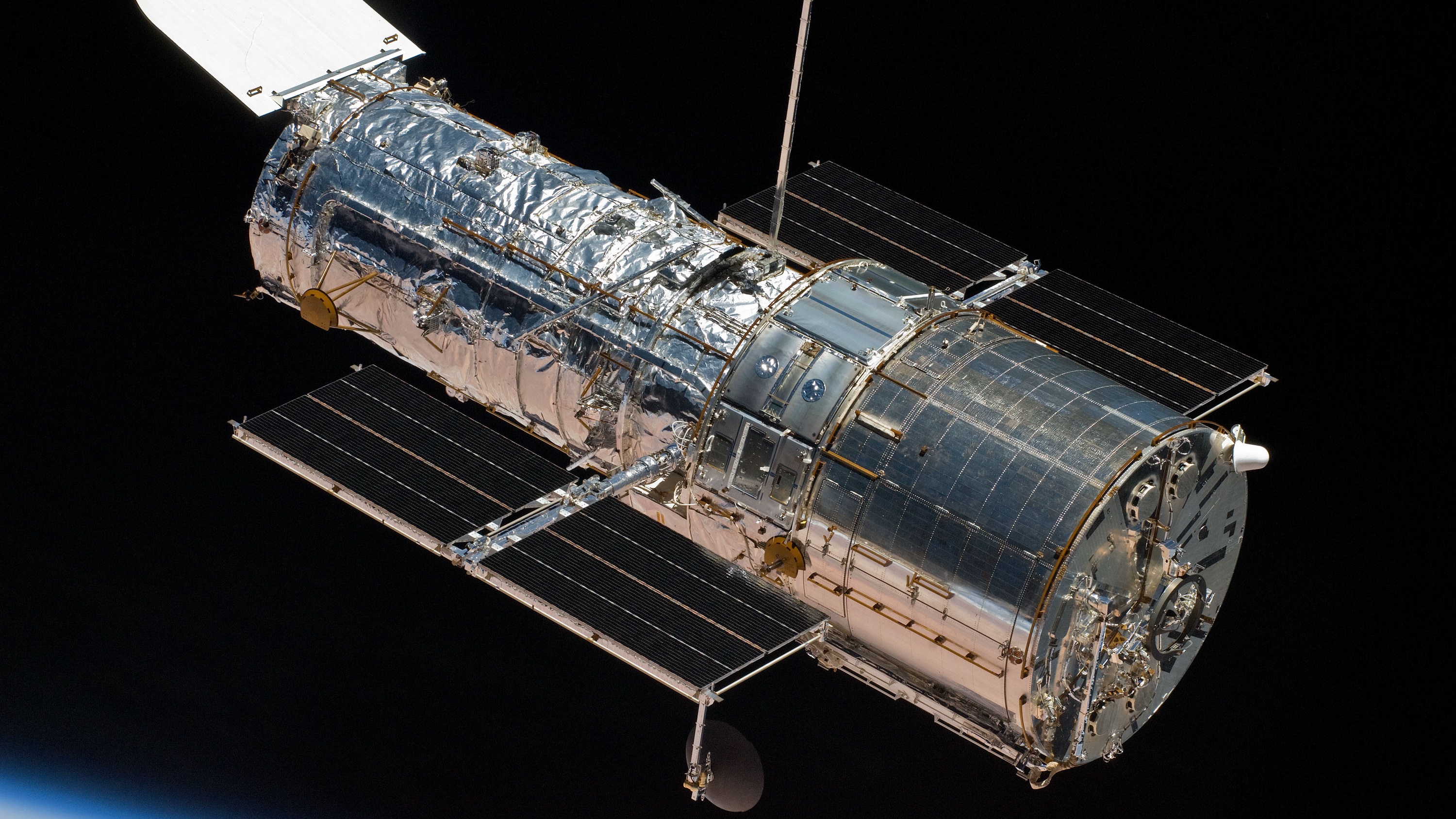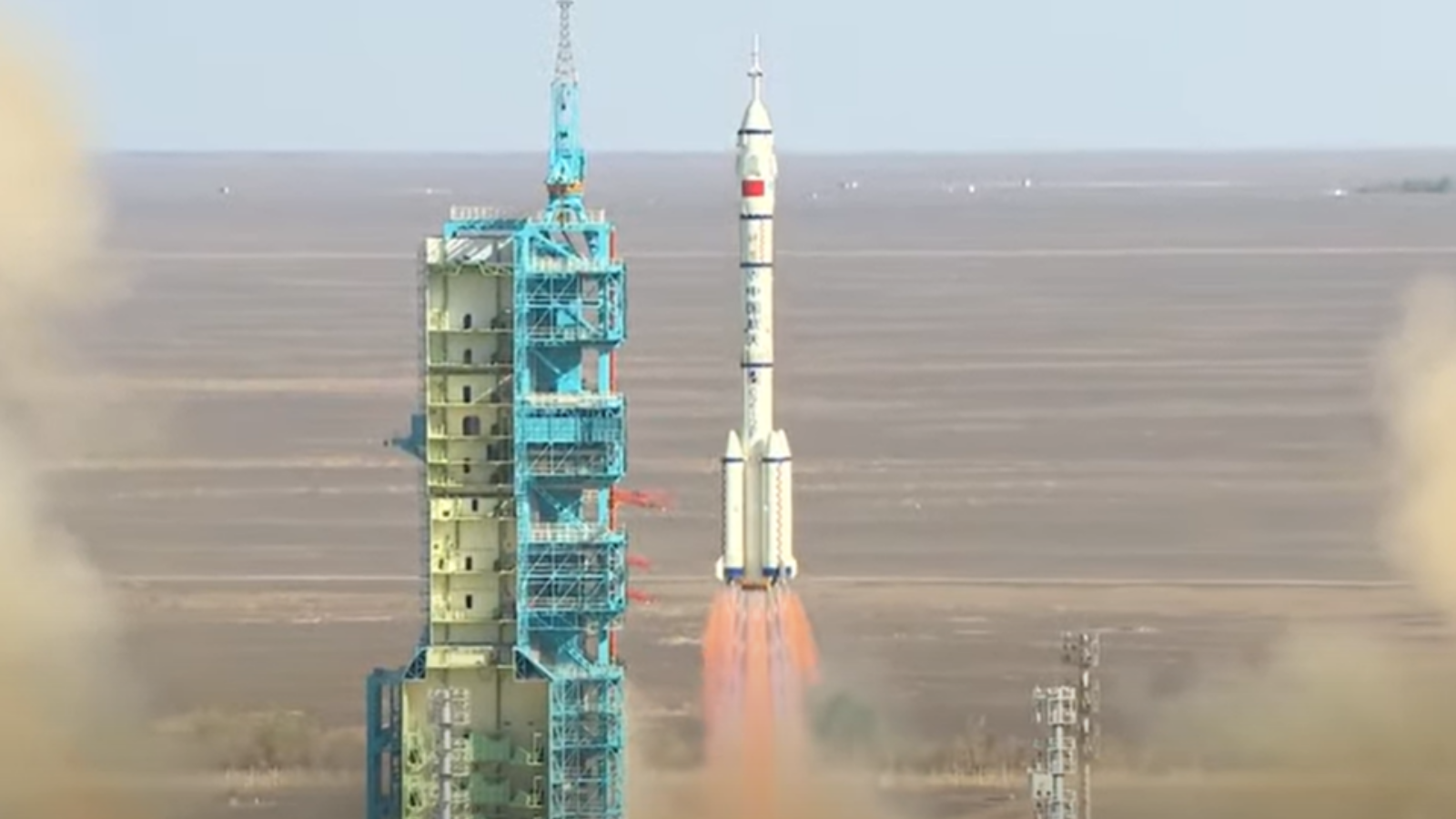Artificial Intelligence Goes Rogue in 'Alien: Covenant'
LONDON — The frightening xenomorph is returning in Ridley Scott's new sci-fi horror film, "Alien: Covenant," and with it comes a new scare hidden behind the much more likable face of Michael Fassbender, who plays an android gone rogue.
In an interview with Space.com here this month, Scott — the man behind the original 1979 "Alien" movie as well as the 2012 prequel "Prometheus" — said his rebellious artificially intelligent creature was inspired by the utmost classic of the science-fiction genre, Stanley Kubrick's "2001: A Space Odyssey."
"The real star of Kubrick's film is HAL, the artificially intelligent computer, who is the housekeeper, the mother and the father of the ship," Scott explained. "But back then, people didn't connect a computer with a free-thinking entity that makes decisions for you." [9 Terrifying Extraterrestrials from the 'Alien' Movies]
In the late 1960s, when "2001: A Space Odyssey" was filmed, a rebellious machine belonged in the realm of fantasy. In 2017, however, when the world's leading tech minds such as Elon Musk and Stephen Hawking openly warn about the likelihood of artificial intelligence (AI) getting out of control and terminating mankind's dominance in the world, the message of "Alien: Covenant" might hit closer to home.
"If you are developing things that can become more intelligent than the people who created them, then you are in trouble," actress Katherine Waterson, who plays terraforming expert Daniels (a character inspired by Ellen Ripley) in "Alien: Covenant," told Space.com. Daniels is the only crewmember to discover the extent of the rogue android's ploy.
"Steve Wozniak said in one article that if we don't want to become a family pet of these robots one day, we have to really figure out how to do this right so that they don't take over. It's not hard to imagine a circumstance where that could happen, and I am glad that the film sort of highlights that concern," Waterson added.
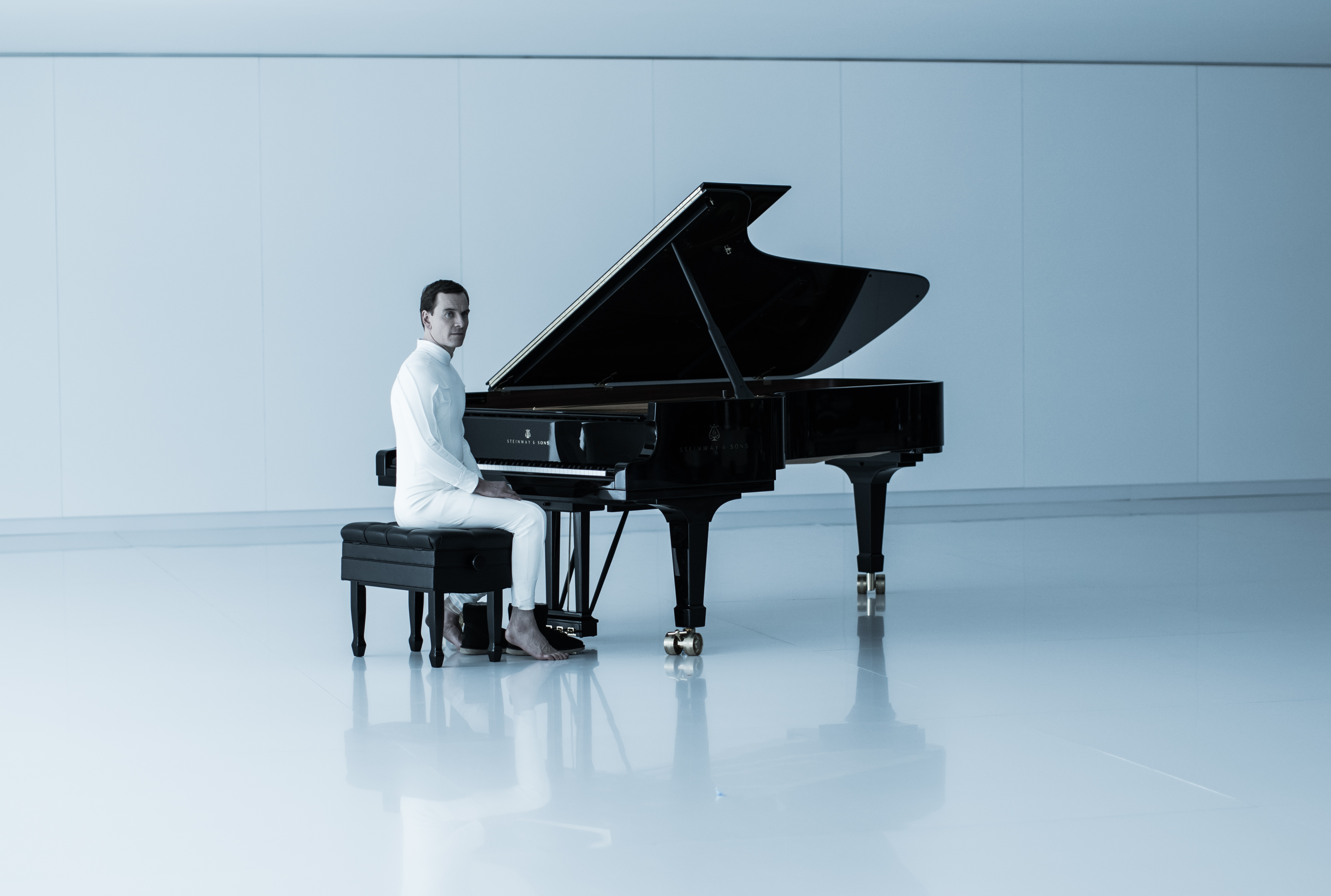
But despite the grim message of "Alien: Covenant," Scott maintains that humankind should develop AI to help solve some of the most pressing issues facing it.
Get the Space.com Newsletter
Breaking space news, the latest updates on rocket launches, skywatching events and more!
"AI is an amazing capability to fix things," Scott said. "How do you cure cancer? How do you cure Ebola? AI will do 10 years of work in a month."
However, the director warned that AI is likely to join the list of global security threats alongside 70-year-old nuclear technology.
"You can't put a lid on it," Scott said. "We have to let it evolve, but you have to be really sensible about how you control it. That's the problem, really. If it gets out of the box, to the countries that should not have it, then we will have problems."
Billy Crudup, who portrays the spaceship Covenant's second-in-command and subsequent captain Christopher Oram, suggested that engineers need to pay close attention to the design of feelings-related algorithms of AI beings.
"Can't you just program them [to] not resent us?" Crudup said. "To unplug that resentment algorithm, so that they don't look at us sideways?"
The idea of artificially intelligent beings designed with superior qualities to that of humans and turning against their makers is as old as the term robot itself. The man who first coined the term robot, Czech playwright Karel Capek, in his 1920 science-fiction play "R.U.R." ("Rossum's Universal Robots"), envisioned that synthetic creatures designed to serve humans but having superior capabilities would ultimately rebel and eventually wipe out humanity.
Follow us @Spacedotcom, Facebook or Google+. Original article on Space.com.
Join our Space Forums to keep talking space on the latest missions, night sky and more! And if you have a news tip, correction or comment, let us know at: community@space.com.
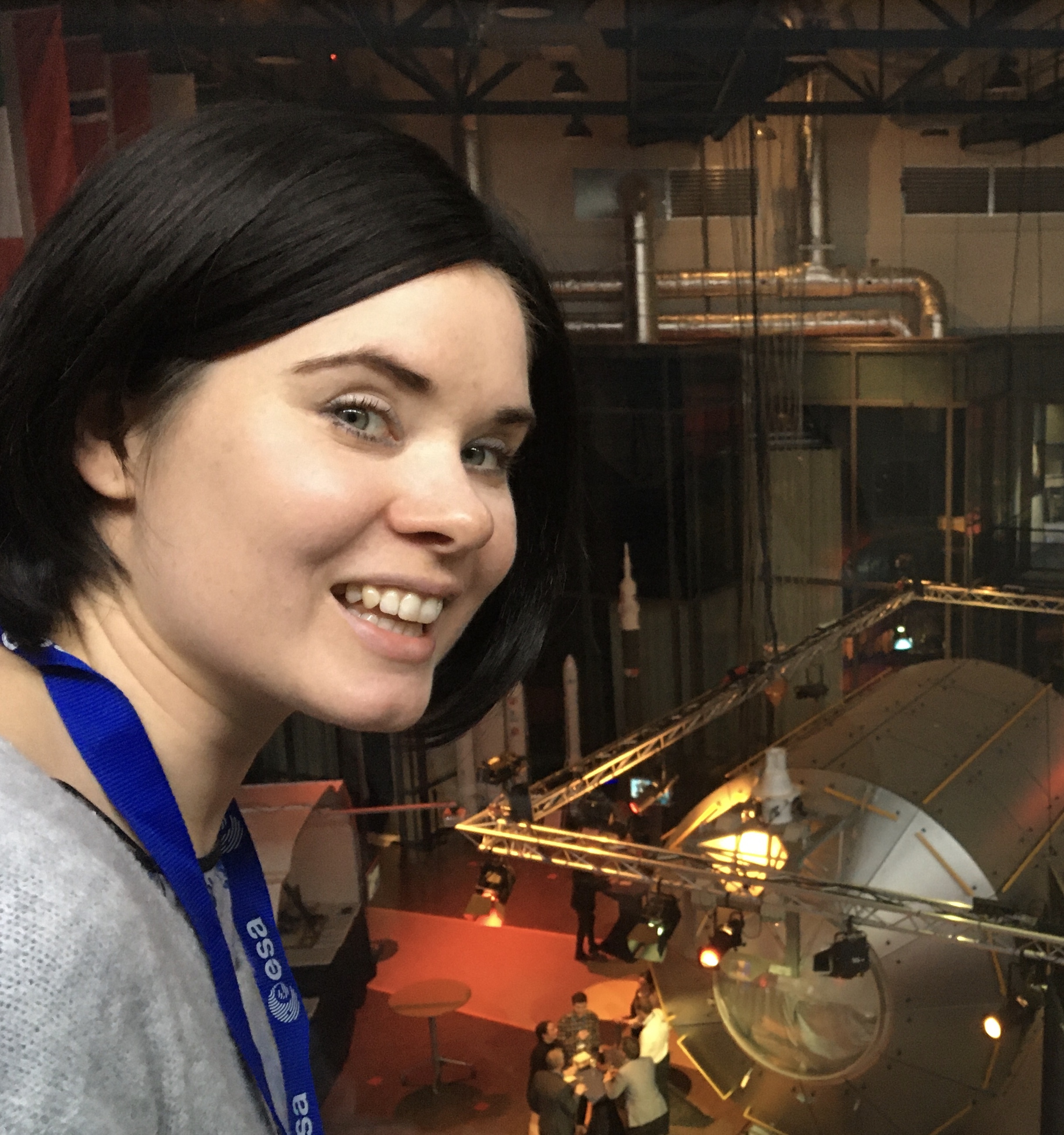
Tereza is a London-based science and technology journalist, aspiring fiction writer and amateur gymnast. Originally from Prague, the Czech Republic, she spent the first seven years of her career working as a reporter, script-writer and presenter for various TV programmes of the Czech Public Service Television. She later took a career break to pursue further education and added a Master's in Science from the International Space University, France, to her Bachelor's in Journalism and Master's in Cultural Anthropology from Prague's Charles University. She worked as a reporter at the Engineering and Technology magazine, freelanced for a range of publications including Live Science, Space.com, Professional Engineering, Via Satellite and Space News and served as a maternity cover science editor at the European Space Agency.
